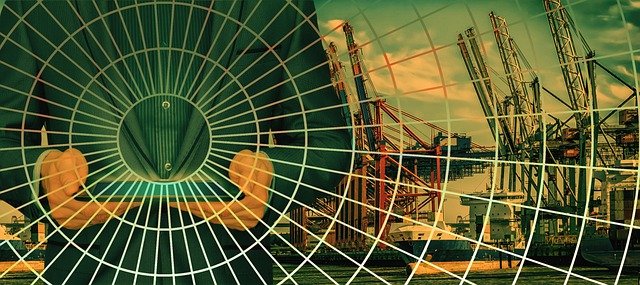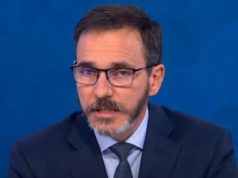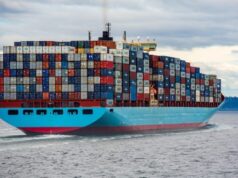- International Chamber of Commerce Secretary General John Denton asked leaders of the International Monetary Fund and World Bank to “urgently consider making available any institutional assets that can be deployed to help national governments cushion the unintended effects of the crisis on SMEs”
- ICC said it is “deeply concerned” over “effects of the crisis on SME performance in sectors with a high reliance on exports to Russia”
- Most affected are Ecuador (bananas), Sri Lanka (tea), Nigeria (cocoa) and Kenya (tea)
International Chamber of Commerce Secretary General John W.H. Denton AO expressed concern over effects of the Russia-Ukraine crisis on small and medium enterprises in sectors reliant on exports to Russia, particularly in developing and emerging economies.
In an open letter to International Monetary Fund Managing Director Kristalina Georgieva and World Bank President David Malpass on March 4 published on the ICC website, Denton said ICC respects the decision of several governments to impose economic sanctions on Russia, there is “growing… anecdotal evidence from our network” suggesting “uncertainty caused by the conflict — and related policy interventions — is impacting SME trade in a broader range of sectors than may have been previously envisaged.”
Russia invaded Ukraine on Feb 24, calling its action a “special military operation”.
ICC represents a global network of over 45 million businesses in more than 100 countries.
Denton urged the IMF and World Bank to “urgently consider making available any institutional assets that can be deployed to help national governments cushion the unintended effects of the crisis on SMEs”, noting that ICC is “ready to support in any way to diminish the emerging risks.”
He added, “Most immediately, we are deeply concerned about the effects of the crisis on SME performance in sectors with a high reliance on exports to Russia. This is especially the case in a number of developing and emerging economies where trade disruptions (beyond the immediate intent of any applicable sanctions) appear to be biting heavily on small businesses and smallholder farmers. These include: Ecuador (bananas), Sri Lanka (tea), Nigeria (cocoa) and Kenya (tea).
This disruption comes at a particularly unfortunate time given the well-known impact of the COVID-19 pandemic on SME balance sheets — with a significant proportion of small businesses in our global network still facing an uncertain outlook entering 2022.”
Denton said ICC believes IMF and World Bank “are uniquely placed to guide, support and enable the decisive interventions that will be needed to mitigate the economic ripple effects of the Russia – Ukraine conflict — and avert the risk of it causing lasting damage to the productive capacity of many developing nations.”












